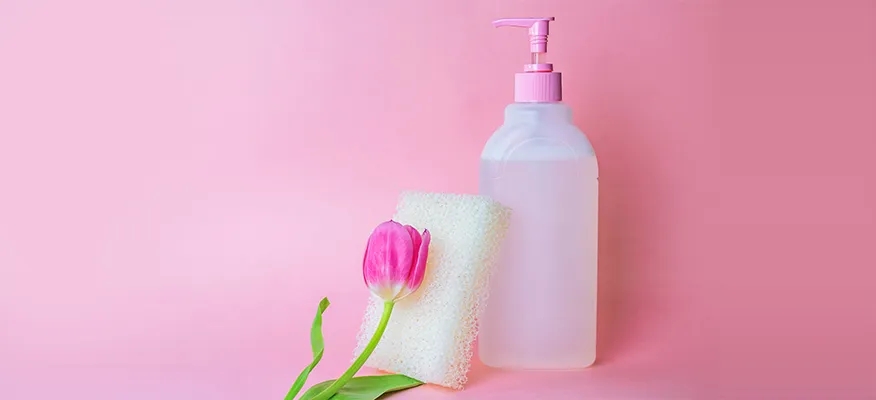Using Intimate Washes And Cleansers Safely
- Por Dr. Pakanich Maria Petrivna
- 18 Feb 2025
- Verificado por Dr. Iunis Galina Ivanovna

Puntos clave
- Choose products wisely. Look for pH-balanced, fragrance-free, and gentle ingredients.
- Avoid excessive use. Stick to a few times a week or as recommended.
- Understand ingredients. Avoid harsh chemicals that may irritate sensitive skin.
- Adopt healthy habits. Drinking water, a balanced diet, and breathable clothing can support natural comfort.
Califica nuestro articulo
Nos encantaria saberlo!
- 0
- 0
- 0
- 0
- Gao, C. J., & Kannan, K. (2020). Phthalates, bisphenols, parabens, and triclocarban in feminine hygiene products from the United States and their implications for human exposure. Environment international, 136, 105465. https://doi.org/10.1016/j.envint.2020.105465
- Chen, Y., Bruning, E., Rubino, J., & Eder, S. E. (2017). Role of female intimate hygiene in vulvovaginal health: Global hygiene practices and product usage. Women's health (London, England), 13(3), 58–67. https://doi.org/10.1177/1745505717731011
- Sabo M.C., Balkus J.E., Richardson B.A., Srinivasan S., Kimani J., Anzala O., Schwebke J., Feidler T.L., Fredricks D.N., McClelland R.S. Association between vaginal washing and vaginal bacterial concentrations. PLoS ONE. 2019;14:e0210825. doi: 10.1371/journal.pone.0210825.
- Nicole W. A question for women’s health: Chemicals in feminine hygiene products and personal lubricants. Environ. Health Perspect. 2014;122:A70–A75. doi: 10.1289/ehp.122-A70.
- Crann S.E., Cunningham S., Albert A., Money D.M., O’Doherty K.C. Vaginal health and hygiene practices and product use in Canada: A national cross-sectional survey. BMC Women’s Health. 2018;18:52. doi: 10.1186/s12905-018-0543-y.
- Holdcroft, A. M., Ireland, D. J., & Payne, M. S. (2023). The Vaginal Microbiome in Health and Disease-What Role Do Common Intimate Hygiene Practices Play?. Microorganisms, 11(2), 298.
Preguntas frecuentes
Obtenga la información que necesita.
No, many women feel fresh with just water. Use a wash if it adds comfort but is not required.
Avoid products with fragrances, sulfates, and alcohol to reduce irritation
A few times a week is often sufficient unless your doctor suggests otherwise.
Yes, you can use intimate washes during your menstrual periods, but stick to gentle, pH-balanced products and avoid overuse.
Regular soaps are often too alkaline, so it is better to use a specially formulated wash.
No, the vagina is self-cleaning, and internal use can disrupt its natural balance.
Signs of allergies include redness, itching, or burning. Discontinue use if these occur.
Yes, plain water, probiotics, and cotton underwear can support a natural balance without additional products.
¿Cómo fue la experiencia con el artículo?
Nos encantaria saberlo!